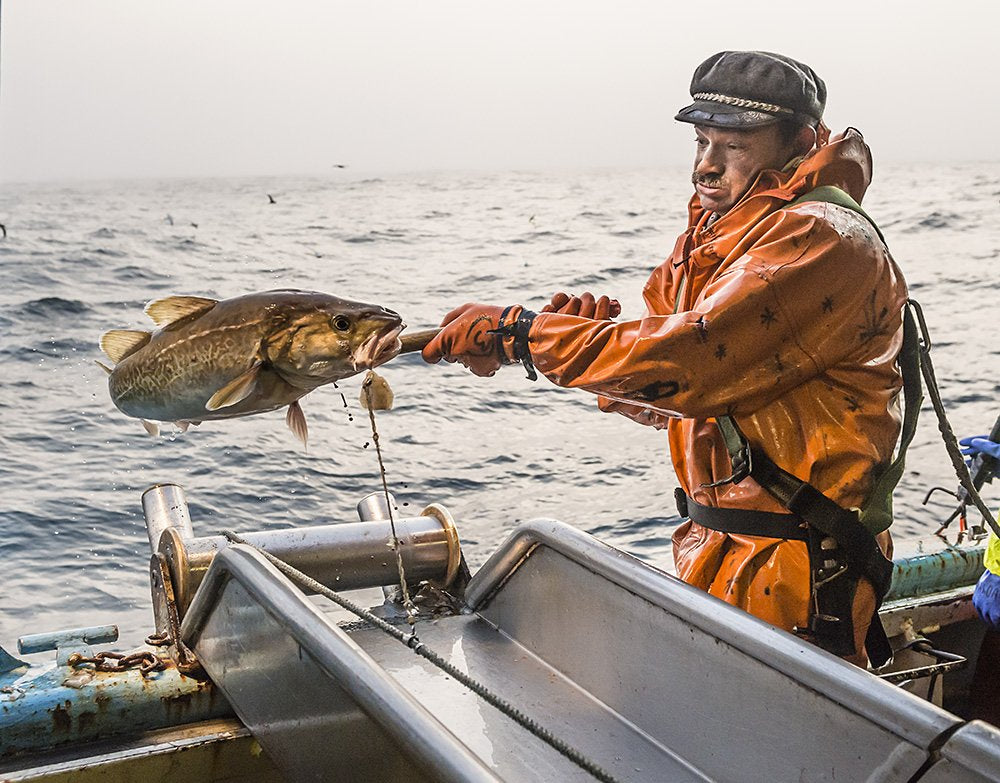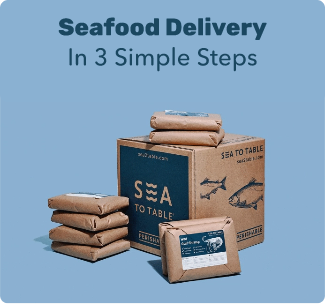
Recent media accounts have cast the sustainability of Alaskan Pacific Cod in doubt. Here’s what you need to know.
In Early December, NPR published an article with the alarming headline “Alaska Cod Fishery Closes And Industry Braces For Ripple Effect”. Almost immediately, we started hearing from some of our customers and clients with questions about the availability and sustainability of Sea to Table Alaskan Pacific Cod. We, too, were taken off guard by the headline, which when taken out of context to its accompanying story read like an alarm bell to the entire Alaskan cod fishery. In truth only a small portion is affected… and not for the reasons you might think. Yes, the facts in the story are grim and the effects on the fishing communities affected cannot be understated… but the overall cod fishery remains in good shape and cod is still a smart, sustainable choice.
NPR's Headline, Although True, is Misleading
The article was heavily focused on the recently announced closure of Alaskan Pacific Cod in one management area, the Gulf of Alaska, due to lower mature stock levels linked to a large patch of warming waters in the Gulf over the past few years (the BLOB!), and not the result of overfishing or mismanagement in the fishery. The journalist took a humanistic approach and told the story of the men and women who will be clearly and dearly hurt by this loss of income. These are both very real and important issues of social and environmental consequences not always highlighted by the media. This type of sensitive reporting on issues that are so close to home for us is one of the reasons we’re all such big geeky NPR fans, and we’d like to thank them and encourage more articles in the vein of this one.

(photo credit: Kavitha George /KMXT)
NPR’s article, and certainly the headline, did not put the issue in perspective; yet it is hard to argue perspective when family incomes are on the line. So in order to do that, we reached out to the North Pacific Fishery Management Council, the overseer of this federal fishery, and asked them to help us understand the reasons for the closure, and the area and scope of the fishery affected. It turns out that the closure, which might make it seem like the entire cod population is doomed, is actually an example of good fisheries management. There are four different stocks of Pacific Cod managed by the North Pacific Fishery Management Council, and this very limited closure of one, in the Gulf of Alaska, was put in place to prevent further decline and to allow the stock to rebuild with fewer external pressures.

To put the closure in perspective, of all Pacific Cod from Alaska caught in 2019, Gulf of Alaska cod accounts for only 6% of the catch. The remaining 94% comes from the Bering Sea in annual harvest levels of 155,595 metric tons for 2020. That’s over 34 MILLION POUNDS of Alaskan Pacific Cod to be sustainably harvested as an Monterrey Bay Aquarium Green Listed Species while also being Marine Stewardship Council Certified. A far cry from a fishery on the brink of collapse.
When it comes to Sea to Table’s sourcing of Alaskan Pacific Cod, we buy directly from a Bering Sea quota share holder as Hook & Line Frozen-At-Sea vessel direct purchases, so we will continue to see a consistent supply from a population that has not been as adversely affected by the warmer water temperatures. You can feel good about purchasing this product as it is sustainably managed and harvested under U.S. regulations.
Sea to Table Northwest Pacific Cod is a Sustainable, Responsible Purchase
Unfortunately, with the closure of the Gulf of Alaska federal Cod fishery comes hard times for Gulf of Alaska fishermen and fishing communities. They are bracing for hard times ahead and looking for new sources of income and the reality of a warming Earth has people around the globe scrambling to understand what the future will bring. In the meantime, we will continue to work to do our part by only making responsible purchases from healthy fish populations that support the careers of American fishermen and the livelihoods of fishing communities. At Sea to Table, we hope you will join us in eating better fish.
← Older post Newer post →

